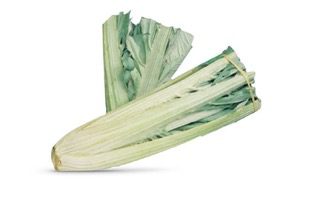

While cardoons may not be the most appealing vegetable for dogs due to their bitter taste and prickly leaves, they can be safely consumed after being parboiled. However, caution should be taken to prevent skin and mouth irritation.
Cardoons provide a wealth of vitamins and minerals beneficial to a dog’s health, including vitamin B complex, vitamin C, sodium, magnesium, potassium, and iron. These nutrients can help boost the immune system and promote healthy muscle, nerve, and blood vessel function.
Dogs may experience skin and mouth irritation from the prickly leaves, stalks, and flower heads of the cardoon plant. Additionally, some dogs may find the bitter taste unappetizing. While there are no reported toxic effects, there is a lack of direct studies on the suitability of feeding cardoons to dogs.
Young leaves and immature flower stalks of the cardoon can be served raw or cooked to dogs. To reduce bitterness, it is recommended to parboil the stalks before cutting them into bite-sized pieces and serving in moderation.
Cardoons, also known as artichoke thistle or wild artichoke, are a vegetable with a bitter taste and prickly leaves that may not be the most appealing to dogs. However, they can still provide a variety of vitamins and minerals such as vitamin B complex, vitamin C, sodium, magnesium, potassium, and iron which can aid in promoting a healthy immune system and muscle, nerve, and blood vessel function. Cardoons originated in the Mediterranean and are commonly used in Italian, French, and Spanish cuisine. While it is safe for dogs to consume after being parboiled, care should be taken as the prickly leaves, stalks, and flower heads may cause skin and mouth irritation. It is also recommended to serve cardoons in moderation as some dogs may find their bitter taste unappetizing. Additionally, there are no direct studies on their suitability for dogs.
If you are considering serving cardoons to your dog, it is important to parboil them first to reduce bitterness. Cut them into bite-sized pieces and serve in moderation. However, if your dog experiences any skin or mouth irritation, refrain from serving them cardoons. Two alternative vegetables that can provide similar nutrients are asparagus and green beans. Asparagus is full of vitamin B complex, vitamin C, and potassium, while green beans are a great source of fiber, vitamin C, and manganese.
Have you ever tried serving cardoons to your dog? How did they react to the bitter taste? Remember to always consult with your veterinarian before adding any new food to your dog's diet. As always, make sure to show your furry friend lots of love and attention.